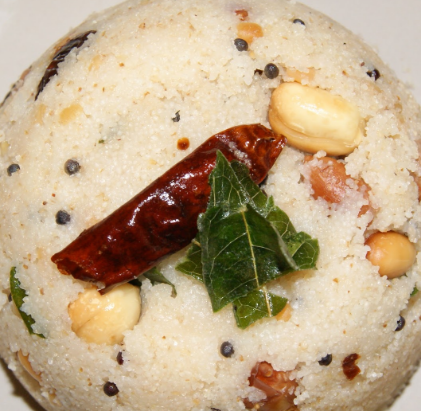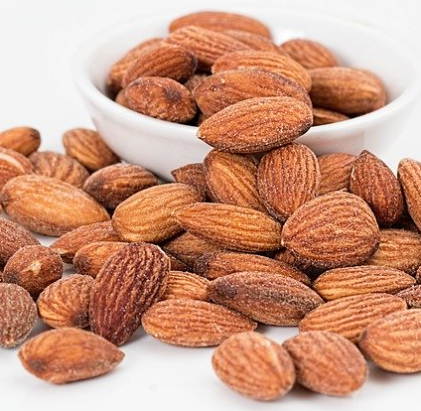
Vegetable Couscous(Upma)
A twist on couscous, this South Indian breakfast is a nutritious…

Almonds promotes heart health and prevents gallstones
Prunus amygdalus; Prunus dulcis
Pātām (Tam), almendras (Esp), Bādāam (Hin)
One of the earliest known domesticated tree nuts, almonds have been well-known for thousands of years and have even made appearances in historical texts such as the bible.
The seed is usually oval-shaped and is white inside while covered by a thin brown skin.
There are two types of almonds, the bitter almond, and sweet almond. While it is unknown how humans originally separated the two distinct almonds which are virtually identical in appearance, it’s a good thing they found a way because the bitter almond is toxic and inedible.
The bitter almond still can be used to produce almond oil however which can be a flavor add-in to many liquors or foods or even be used for skin treatments.
The sweet almond is known for its sweet taste and almonds are typically eaten raw or toasted and are often smoked or salted. They have many culinary uses as almonds can be used in many recipes, but can also produce other food products.
Almond butter is commonly used as a peanut butter substitute and is great for those suffering from a peanut allergy.
Almond milk is a great milk substitute great for those abstaining from dairy products. In addition, almond syrup and almond flour also have culinary uses.
While almonds originated in the Middle East, the United States is the world’s largest producer of almonds today, however, California is the only state which produces them.

A twist on couscous, this South Indian breakfast is a nutritious…
